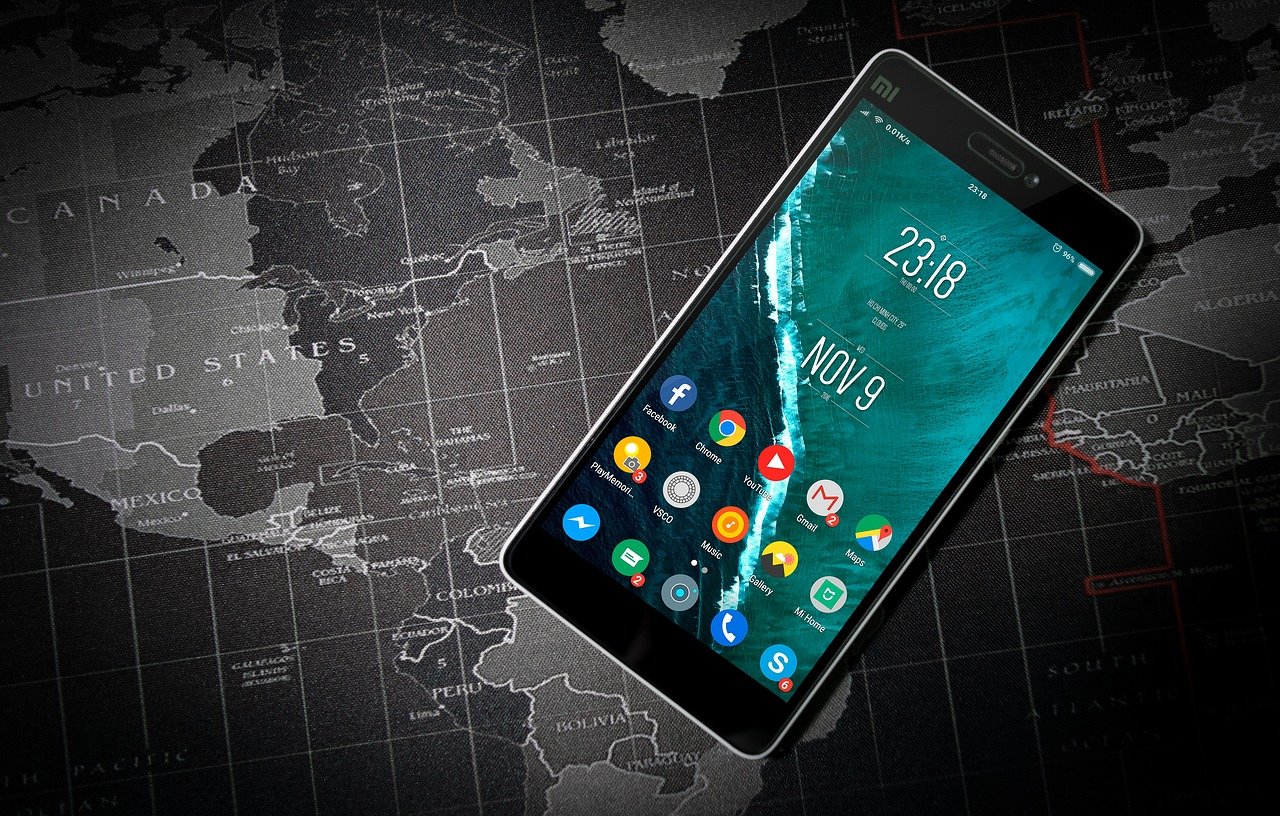Most of us take steps to protect the security of our computers, but it is surprising how lax we are in terms of protecting our mobile phones. Most of us use our smartphones to check email, shop, complete bank transactions, and keep in touch with friends via social media, making our mobile phones a veritable treasure trove of data for cybercriminals. Each of us is just one wrong tap away from getting hacked.
In 2021 the average cost of a data breach was over $4 million, according to CyberCrew, a UK-based cybersecurity firm. In the first half of 2020, a staggering 36 billion records were exposed by 3,000 data breaches.
Fortunately, there are several steps you can take to deflect hacking attempts and protect your data from cybercriminals. Read on to learn a selection of the most effective steps to keep your mobile phone and data secure.
1. Use Strong Passwords
The first step to safeguarding the security of your mobile phone is locking it and setting a strong password. In addition to passwords, measures such as facial recognition, fingerprint scanning, and eye recognition technologies can help to keep your phone secure. It is important to use a unique password for each app that is also different from your phone’s main password. All passwords should be hard to guess and contain a variety of characters.
It is also prudent to use two-factor authentication wherever possible. This involves entering your password and receiving a code from the app via SMS or email. To gain access to the app, you must enter this code. Two-factor authentication effectively gives you a second layer of protection to the entry process, doubling the workload for a cybercriminal trying to hack your mobile phone.
2. Enable Data Encryption
Many devices come with data encryption enabled by default, but if your device does not, you should set it up. Data encryption protects information on your phone by scrambling it into an unintelligible code as it travels from server to server, the point at which that data is most vulnerable to hacking attempts.
3. Update Software Regularly
Hackers are constantly looking for vulnerabilities to exploit in software. It is important to update both your operating system and all installed apps regularly since most updates include security fixes that guard your device against the latest threats.
4. Be Cautious about Which Apps You Install
Many apps require access to your phone’s photos and camera before installation. Only download apps from trusted sources to protect yourself from external tampering or the theft of sensitive data. Ensure that the permissions granted match the purpose of the downloaded app, since once the app is installed, it may not be possible to change these controls.
5. Avoid Using Public Wi-Fi
You may be tempted to use open Wi-Fi to avoid draining your data, but doing so presents a variety of different dangers. The Wi-Fi of public venues like cafes and shopping centers is prime hunting ground for cybercriminals. You should therefore stick to your private cell connection wherever possible, switching off Wi-Fi on your smartphone altogether when you are in a public place. Alternatively, a VPN app, which tunnels network communications through an encrypted connection, could help keep your device secure. However, not all VPNs are of the same quality, so carefully research them and choose carefully. You might also consider disabling Bluetooth while in public places unless you need it for your smartwatch.
6. Use Antivirus Software
Just as you protect your desktop or laptop computer, so should you take measures to keep data contained on your smartphone safe and secure. In fact, you should install antivirus software on any device that connects to the Internet. With a myriad of different mobile security solutions and apps on the market, it is simply a case of doing your research and installing the one that best suits your security needs. Antivirus software scans devices at regular intervals to ensure they are secure and safe. You should also run comprehensive scans periodically to ensure that your phone is fully protected.
7. Be Careful about What You Click On
As with a computer, you need to exercise caution in terms of clicking on links when using your smartphone and remaining vigilant to potential malicious links and malware attacks. Even if a link is incorporated in a message from an existing contact, you should still be on your guard any time you are invited to click on suspicious links—that person may have been hacked.
8. Never Leave Your Smartphone with Strangers
Any time you leave your smartphone charging at a public location, you expose yourself to the risk of cybercriminals hacking your device and transferring data. You should never hand over your mobile device to someone you don’t know, even if they seem friendly. Power banks are a convenient, affordable option to keep you connected while on the move without exposing your smartphone and data to cyber threats.

